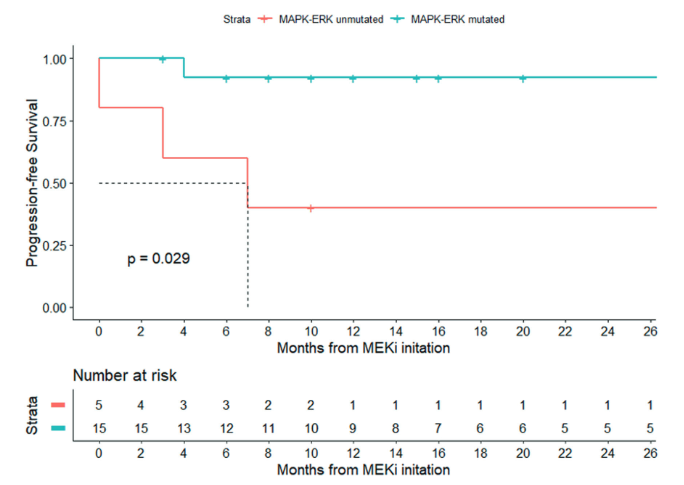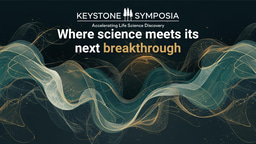Efficacy of MEK inhibitors in Erdheim-Chester disease: impact of MAPK pathway pathogenic variants
Published in Cancer and General & Internal Medicine

Targeted therapy via use BRAF or MEK inhibitors has revolutionized the treatment of histiocytic disorders and has been incorporated into multiple guidelines as frontline therapy in ECD. Nevertheless, the treatment of patients not harboring classical mutations or patients with refractory disease following initial therapy remains a significant challenge.
There is a great lack of data to guide clinicians in predicting which patients are less likely to respond to these therapies
How was this study conducted?
We reviewed all patients with ECD treated at a US national referral center who had had mutational assessment of their disease and were treated with MEK inhibitors.
20 patients were identified and their characteristics as well as course of treatment were followed and contrasted to identify factors that could correlate with improved responses to therapy
What did our study show?
The response to MEK inhibitor therapy was 80%. We found that MAPK-ERK pathway mutation status highly correlated with responses as proven by the fact that the only 4 patients in whom a response was not observed were found to have additional driver mutations or mutations intrinsically resistant to the currently-available inhibitors.

While side effects were common, dose reductions were effective in reducing the burden of side effects without a notable loss in the efficacy of therapy.
In conclusion
Our study hence demonstrates findings of critical clinical relevance which we hope will aid in guiding clinicians treating these patients with this disease.
Particularly, while the use of frontline MEK inhibitors is justifiable in ECD, clinicians must bear in mind that some cases may not be driven by classical pathway mutations and mutational testing to rule out additional disease drivers is required
Follow the Topic
-
Leukemia

This journal publishes high quality, peer reviewed research that covers all aspects of the research and treatment of leukemia and allied diseases. Topics of interest include oncogenes, growth factors, stem cells, leukemia genomics, cell cycle, signal transduction and molecular targets for therapy.



Please sign in or register for FREE
If you are a registered user on Research Communities by Springer Nature, please sign in